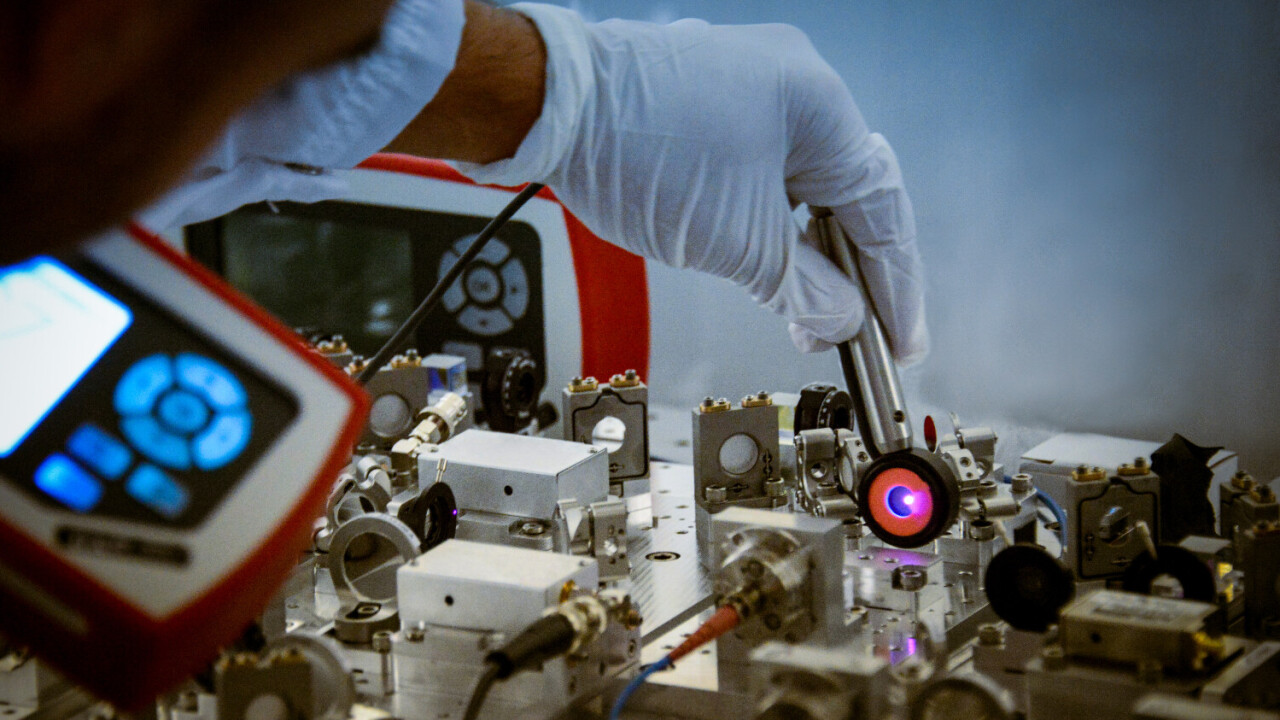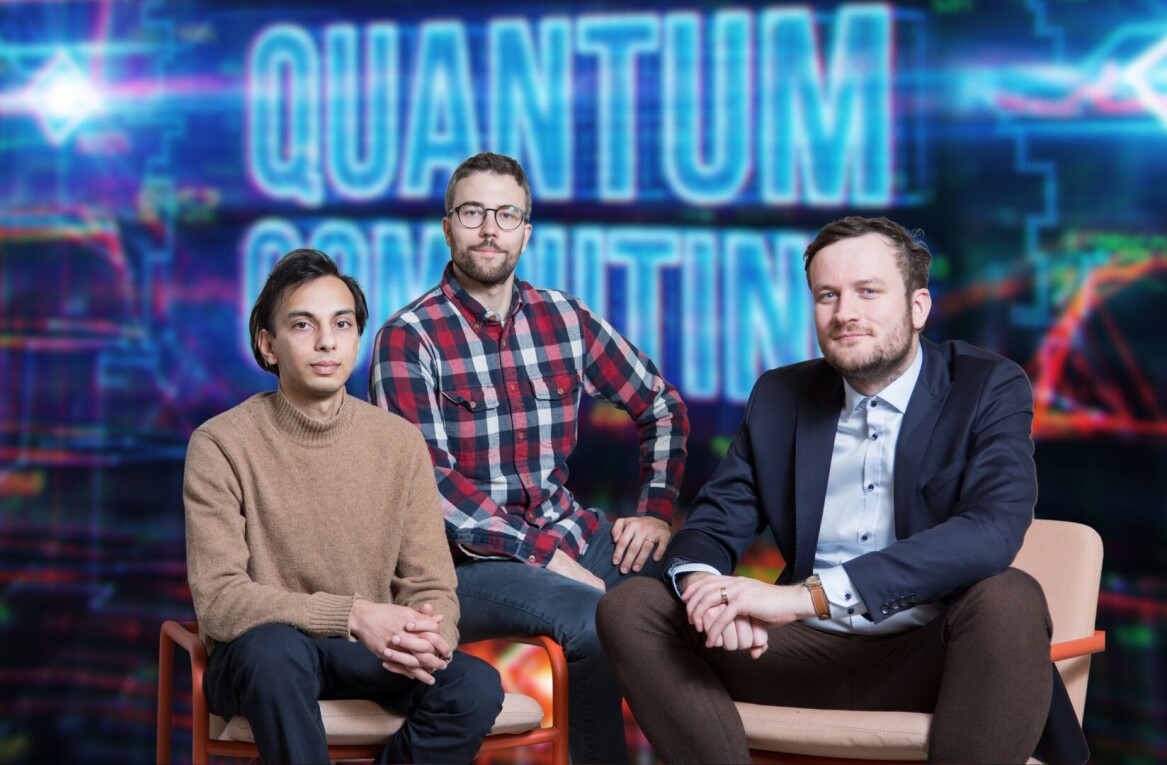
Denmark is aiming to stake a bold claim in the global quantum race with plans to build the world’s most powerful quantum computer.
Backed by €80mn from EIFO (Denmark’s export and investment fund) and the Novo Nordisk Foundation, the new initiative — dubbed QuNorth — aims to deploy the Nordic region’s first “Level 2” quantum system.
Microsoft and California-based Atom Computing will deliver the system, named Magne, after the mythological son of Thor. Microsoft will contribute its Azure Quantum software stack. Atom will provide hardware based on its “neutral atom” design.
Magne is expected to include around 50 logical qubits and more than 1,200 physical qubits. That would make it a contender for the most advanced quantum computer ever made.
Atom Computing holds the record for the most physical qubits in a single system: 1180. Rival firm Quantinuum, meanwhile, leads on logical qubits, having demonstrated a record of 50. So far, no one has combined those two feats in a single machine. That could be set to change.
Why do logical qubits matter?
To understand the significance of the plans, here’s a short quantum brief.
A qubit is the basic unit of information in a quantum computer, similar to a regular bit in classical computing, but with quantum properties that allow it to be in multiple states at once. However, qubits are extremely fragile and prone to errors. To get around this, quantum computers use logical qubits, which are error-corrected “virtual” qubits made by combining multiple physical qubits. Their function is to make quantum calculations much more stable and reliable.
Getting more logical qubits to run efficiently is the hallmark of Level 2 machines, which offer in-built error correction and are seen as a critical stepping stone to quantum advantage. That’s the point at which quantum computers provide practical advantages over classical computers in solving specific real-world problems.
While quantum computing remains in its infancy, proponents argue it could revolutionise areas from drug discovery to climate modelling by performing much faster, more detailed calculations and simulations than classical computers. Yet Europe has often been seen as lagging behind the US and China in the quantum race.
Danish officials appear keen to change that narrative. “Quantum technology comes with enormous potential, and Denmark and the EU must seize this opportunity,” said Morten Bødskov, Denmark’s minister for business, in a statement. “With the investment in the world’s strongest quantum computer, we are making a solid shift in the global quantum race.”
Construction of Magne is expected to start in autumn 2025. If all goes according to plan, the computer will begin operations around the turn of 2026/27.
QuNorth is now searching for a CEO to lead the project. The initiative will initially employ a team of around 10, with a full launch and academic programme planned for late next year. The computer will be housed in Copenhagen and be 100% Danish-owned, with equal ownership split between the two founding institutions.
Get the TNW newsletter
Get the most important tech news in your inbox each week.





